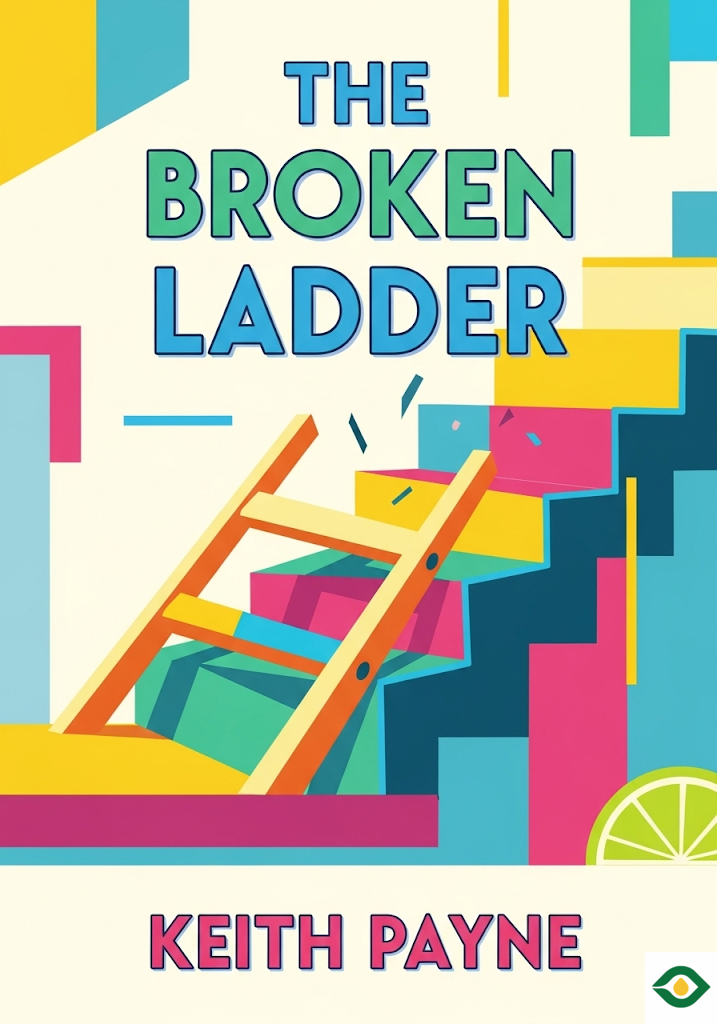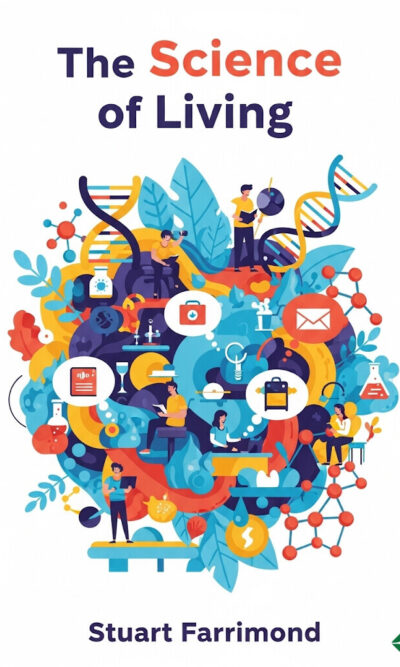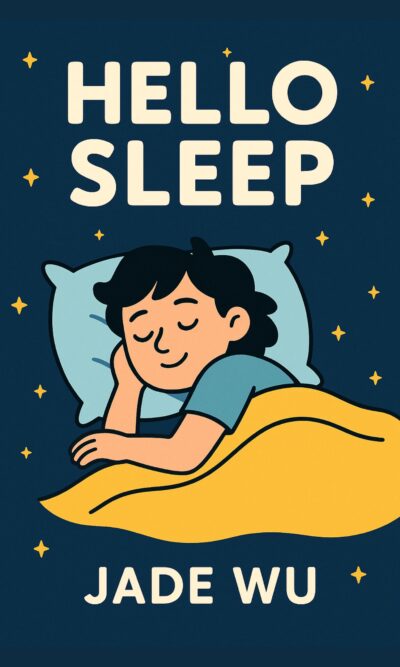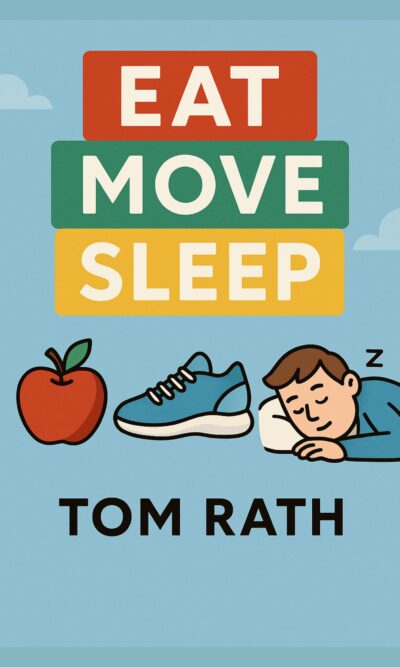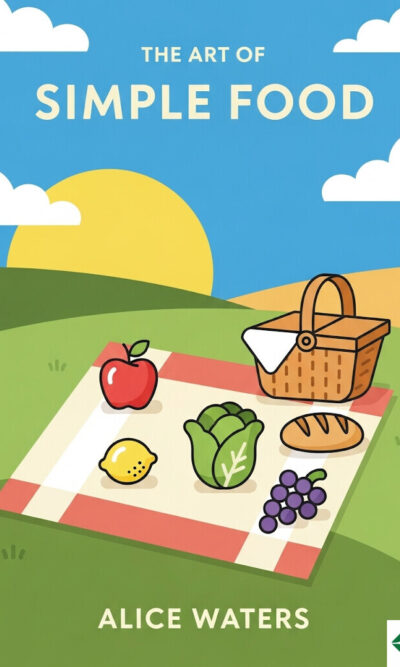Description
Inequality is not only about money in your bank account. It is about how you see yourself compared to the people around you. Feeling poor, even when you are not, can affect your mind, your body, and even the way societies work. This idea is the central theme of The Broken Ladder. It explains how inequality changes our thoughts, behaviors, and health, and why it weakens entire communities.
One surprising truth is that feeling poor often has little to do with actual income. For example, someone earning a good salary can still feel deprived if they compare themselves with someone earning far more. A family doctor making two hundred thousand dollars a year might feel like she is struggling if her neighbor, a surgeon, makes four times that amount. Our sense of wealth is shaped less by what we have and more by how much others seem to have. Humans naturally compare, and those comparisons influence our emotions more than absolute numbers.
This comparison game is dangerous because it can harm health even when people are not truly poor. Studies show that people who feel poor are more likely to face depression, anxiety, obesity, and heart problems. They may perform worse at work, make poor decisions, and even be more likely to believe in conspiracy theories. In short, the perception of being lower in status can damage both mental and physical well-being, almost as much as real poverty itself.
Scientists have shown this by looking at both humans and animals. In one experiment, monkeys happily traded stones for slices of cucumber until they saw another monkey receiving grapes instead. Suddenly, the cucumber was no longer acceptable, even though it was still food. Like those monkeys, humans deeply care about fairness. When others around us seem to get more, our sense of injustice makes us upset, even if we are doing fine on our own. Inequality, therefore, is not just about resources—it is about feelings of fairness and belonging.
These feelings also affect the risks we take. When people feel poorer than others, they are more likely to gamble, to choose short-term rewards over long-term benefits, and to make decisions that can harm them later. Experiments have shown that even wealthy people, if told they are poorer than their peers, will take unnecessary risks with money. This shows that inequality itself pushes people toward short-term thinking and self-destructive behavior.
The influence of inequality does not stop with individuals. It spreads across societies, shaping politics and social division. When people believe they are better off than others, they often want to protect their advantage, even at the cost of excluding others from decision-making. In experiments, participants who thought they had performed better than peers voted against fairness and even believed others should lose their right to vote on rules. Those who believed they had done worse, on the other hand, supported equal participation. Inequality feeds contempt, polarization, and conflict, which explains why modern societies are increasingly divided.
Health is another area where inequality shows its power. Wealthy countries generally enjoy better health than poorer ones, but within those wealthy nations, the gap between rich and poor matters more than overall wealth. People in highly unequal societies experience worse health outcomes than those in more equal ones, even if they are middle class. Stress plays a major role. Just like monkeys placed lower in their group’s hierarchy, humans who see themselves at the bottom of the social ladder show higher stress levels, which harm the body over time. A society where people constantly feel “less than” produces more sickness, both physical and mental.
Inequality also affects how we see reality itself. People who feel powerless are more likely to find patterns in random events or to believe in conspiracy theories. When individuals lack control, they search for meaning, even if it is not really there. This explains why some spend huge amounts of money on strange objects, like a grilled cheese sandwich believed to show a holy image, or why others become obsessed with elaborate conspiracies. These behaviors may sound harmless at times, but when entire populations grow vulnerable to false beliefs, the results can be very damaging.
The workplace is another clear example. Many people assume that big pay differences motivate workers, but research shows the opposite. In professional sports, teams with smaller salary gaps perform better than teams with extreme pay differences. Inequality at work increases stress, reduces motivation, and weakens cooperation. Even the highest-paid stars perform worse when they are surrounded by extreme unfairness. Ordinary workers, meanwhile, face higher stress and lower satisfaction, which drags down overall performance.
By this point, the picture may seem depressing. Inequality harms health, encourages bad decisions, divides societies, distorts perceptions, and undermines workplaces. But the book also points to ways we can respond. There are two main strategies: reduce inequality itself and change the way we compare ourselves to others.
Reducing inequality requires political and social action. Laws and policies can redistribute resources, raise those at the bottom, and prevent excessive concentration of wealth at the very top. But while waiting for such change, individuals can still protect themselves. The first step is awareness. Notice when you are comparing yourself with others. Ask if the feeling of being “not enough” comes from reality or from comparison. Often, dissatisfaction comes not from what we lack but from looking too closely at someone else’s life.
Another helpful approach is to compare yourself with your past self instead of with others. Ask what has improved in your life over the years. Recognizing personal growth helps break the endless cycle of envy. It also helps to think about what you truly value. Few people, when asked about their deepest goals, will say “I want to climb higher on the status ladder.” Most will say they want love, health, learning, or meaningful work. Remembering these values shifts focus away from destructive comparisons.
In the end, The Broken Ladder shows that inequality is not just an economic issue. It is a psychological and social force that shapes nearly every part of human life. It influences how we feel about ourselves, how we act toward others, how we vote, how we work, and how healthy we are. It pushes us toward stress, division, and unhealthy behaviors. But once we recognize its effects, we can resist them—by making better choices, valuing what truly matters, and working together to build fairer societies.
The broken ladder of inequality may seem tall and dangerous, but it is not unchangeable. By focusing on fairness, community, and equality, we can begin to repair it. And in doing so, we create not just healthier individuals, but stronger and more united societies.

